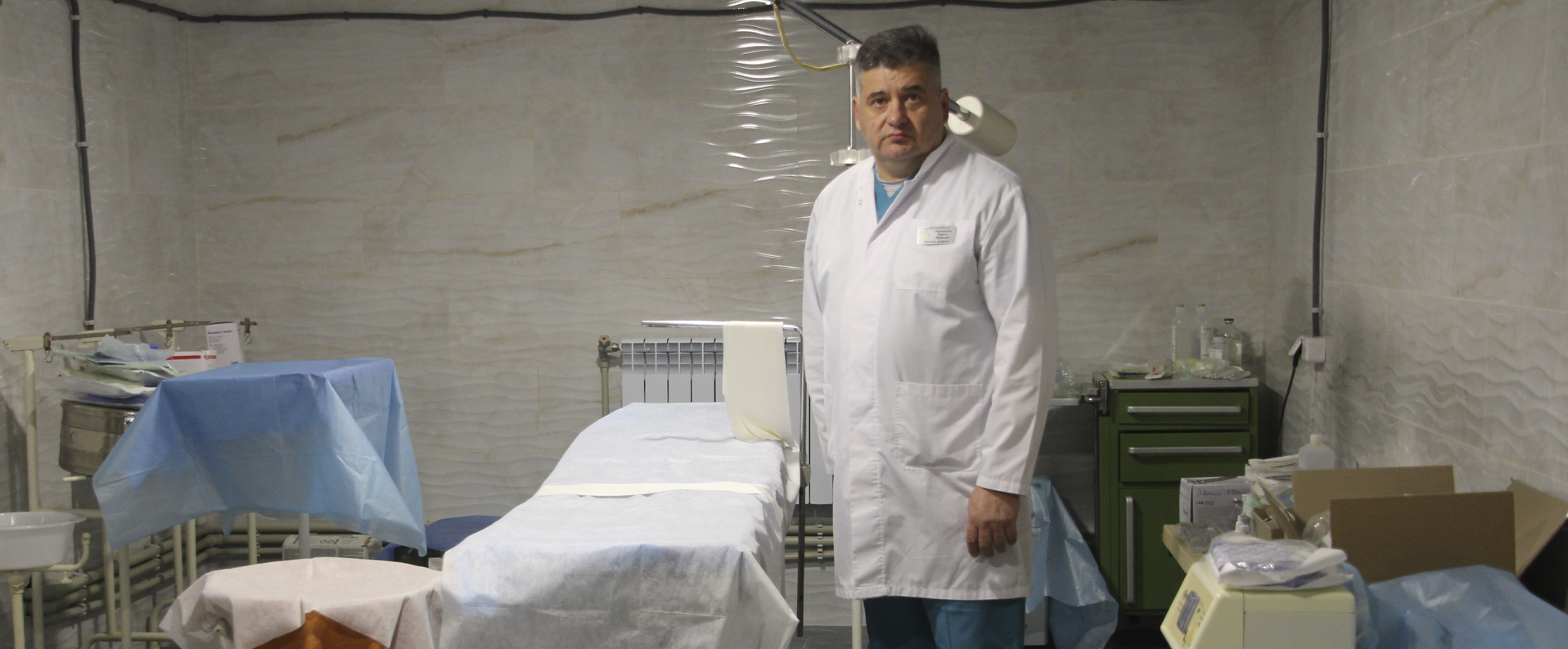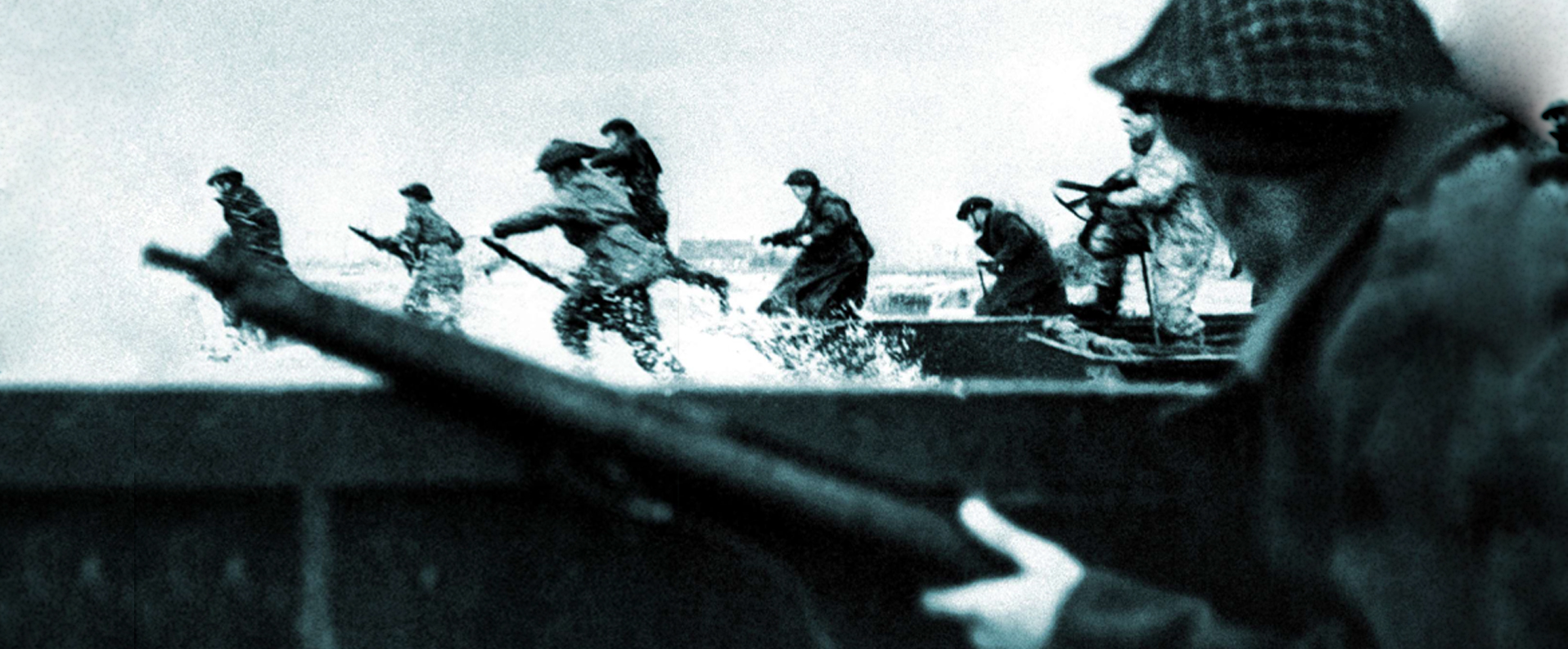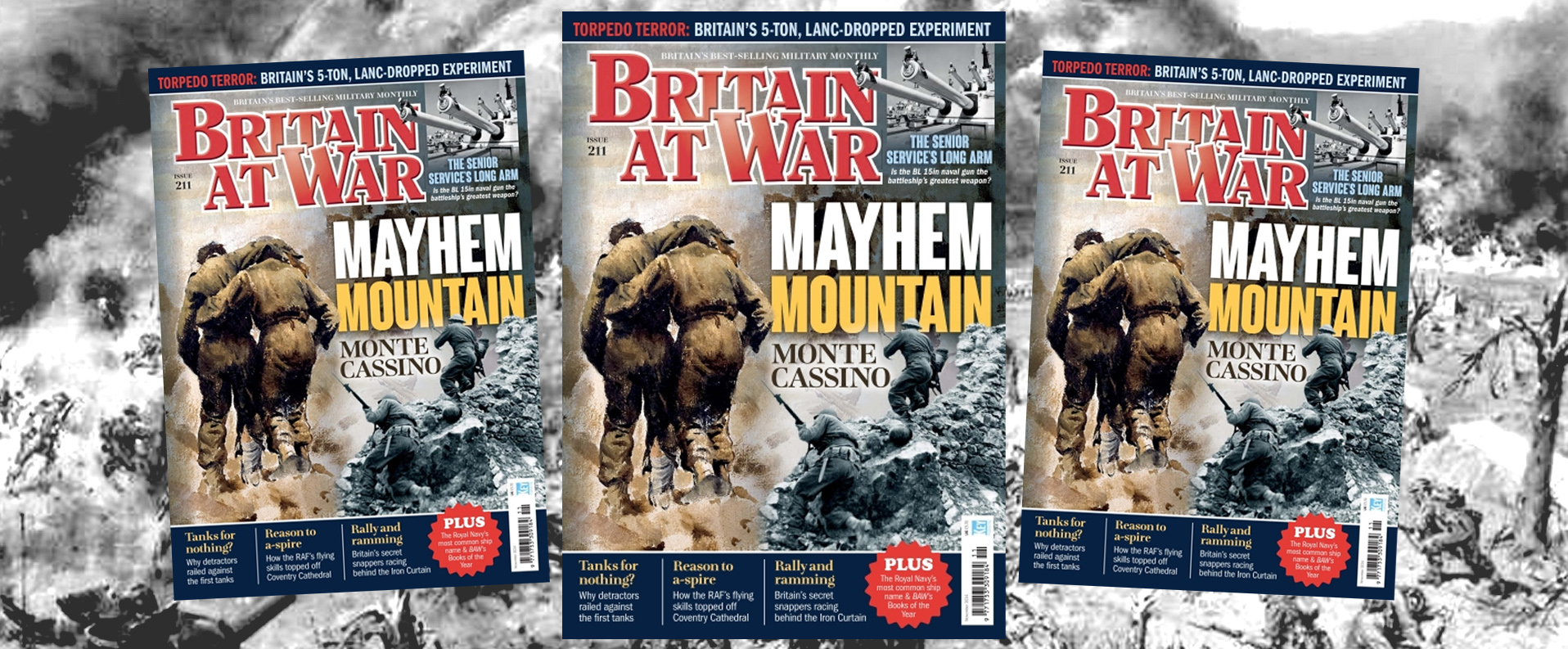
Last week I invited a hundred major employers to an event at the Tower of London as part of the Veterans’ Transition Review I am conducting for the government. The aim of the day was to discuss what more can be done to ensure that those leaving the Armed Forces have the opportunities they deserve when embarking on the next stage of their career, and to make sure businesses take advantages of the phenomenal skills, talents and experience they have to offer.
One of the problems we have found is that most employers simply don’t understand what most military jobs involve, and so find it hard to picture what former service personnel could bring to their organisation. For that reason, I asked a young serving soldier, Corporal Lee Davison of the Royal Regiment of Fusiliers, to come along and tell us what he does all day.
His talk was the highlight of the event and achieved its purpose of showing the kind of responsibility even a relatively junior commander has to handle. Lee was thoroughly engaging and utterly unfazed at addressing a room full of CEOs – indeed during the question and answer session two employers stood up and offered him jobs on the spot! The Army retains his services for now, I am pleased to report, and he is safely back in Cyprus. Here is what he had to say:
Ladies and gentlemen, I am Corporal Lee Davison, 2nd battalion Royal Regiment of Fusiliers. Currently based in Cyprus on a theatre reserve role.
A little bit about me: I grew up in London, leaving school to work full time as a car mechanic, moving onto motorcycles a year later. Deciding actually I’d like something office based, I found myself working for a cosmetic surgery in Harley Street as an administration clerk. Moving on I worked for a barrister’s chambers in Lincoln’s inn as a barrister’s clerk. Being young and deciding I’d like to see some of the world, I signed up and joined the Army.
In September I will have served four years and am currently an infantry section commander. What is an infantry section commander?
Essentially I am responsible for the welfare, administration and leadership of seven other infantry soldiers, as well as their tactical deployment as part of my platoon.
To get to where I am today I have completed a number of physically and mentally demanding career courses that focus on command, leadership and management as well as academic skills.
When not on operations, I have responsibility for the day to day management of my soldiers, which I achieve by direction and by setting an example. This involves conducting administrative and maintenance tasks, keeping on top of fitness and discipline, writing and delivering lessons and, of course, conducting training in weapons, tactics, communications, first aid, navigation and the wide variety of specialist skills that we employ on operations.
Being responsible for my soldier’s welfare as well as their work can throw up some tricky situations, which I have to deal with. On one occasion last year we were preparing for operational deployment; I was responsible for the planning and delivery of a particular element of training and one of the key people to that training approached me with a domestic problem and asked me for some time off.
This couldn’t have come at a worse time as I needed him to deliver some of that week’s activities. I had to weigh up the merits of his case and balance them against the needs of the platoon and its mission.
I this case I realised that if I told him to focus on his work, with the risk of not addressing his problem, it might have a long term negative impact on his performance. I worked out that I could take some of his tasks on myself and delegate the remainder out to a more junior, yet still capable, soldier who actually would benefit from the opportunity.
I put the case to the Company Sergeant Major, who backed the decision, and told the soldier he could have the time to address his problem. I then planned the division of his tasks, called for the stand-in and told him to step up to the plate. We worked late for the next few days, with me assisting and coaching him to ensure the training was delivered to a good standard, and in the event it passed off well.
The less experienced guy got a ‘well done’ from the Company Commander and the soldier with the problem managed to sort most of it out and re-join the platoon and focus on his job and the upcoming tour.
And the Mrs tells me I can’t multitask!
While in Afghanistan we deployed to the Upper Gereshk Valley, Helmand Province. Being on tour doesn’t remove the need for routine administration and training. If anything it becomes more important, especially the need to maintain logistical support to enable you to live and operate in pretty remote places.
When you factor in the need for maintaining security and conducting tactical missions from a forward operating base (FOB), this means the working day gets pretty long – and at temperatures of up to 40 degrees centigrade, getting the best out of the guys and keeping them motivated and switched on for six months becomes a real test of leadership and good management.
A typical day on tour involves getting up at 5am, having breakfast, checking the troops’ welfare, equipment checks, platoon orders, section orders and rehearsals, final kit and communications checks and then deploy on patrol. During the patrol, which could last up to 12 hours, I’ll have to maintain communications and situational awareness, interact positively with the civilian population and conduct whatever tactical task we have been directed to – all this with the possibility of ending up in a fight with the Taliban.
If this happens, even as a relatively junior commander you have to deal with a range of issues such as: interpreting rules of engagement and mitigating the risk of civilian casualties, maintaining situational awareness and reporting up and down the chain of command, casualty treatment and evacuation under fire and calling for helicopter gunship support. On return to the FOB, its time for kit checks, debrief from the patrol, administration and kit husbandry and probably a ‘heads up’ for more patrols or any other tasks.
Not all missions involve fighting; most are to do with mentoring the local security forces and civil engagement with the local population.
On one occasion attending a meeting, or shura, with a local tribal elder. We had to patrol tactically to get there and maintain security while the meeting was going on, but the focus was on building the confidence of the local population.
Having an understanding of Pashtunwali, the code of conduct, which the locals abide by, we had to employ very different skills to engage successfully with him. This involved showing trust by removing our weapons and body armour, showing respect by removing our boots and sitting cross-legged and showing patience by exchanging polite remarks and drinking a lot of pretty horrendous sugary green tea.
On this occasion, the tribal elder wanted assurances of more NATO presence to encourage the locals to be more cooperative. We had to reassure him without promising more than we could deliver. I think we got the job done because the next week the locals informed us about the Taliban Laying IED’s in order to try and catch us out.
And the Mrs tells me I’m not sensitive!
I hope that my brief has given you a clearer idea of the work of an infantry soldier and the kind of experience and skills you would be gaining should you decide to employ someone like me.
Thank you for your time.



